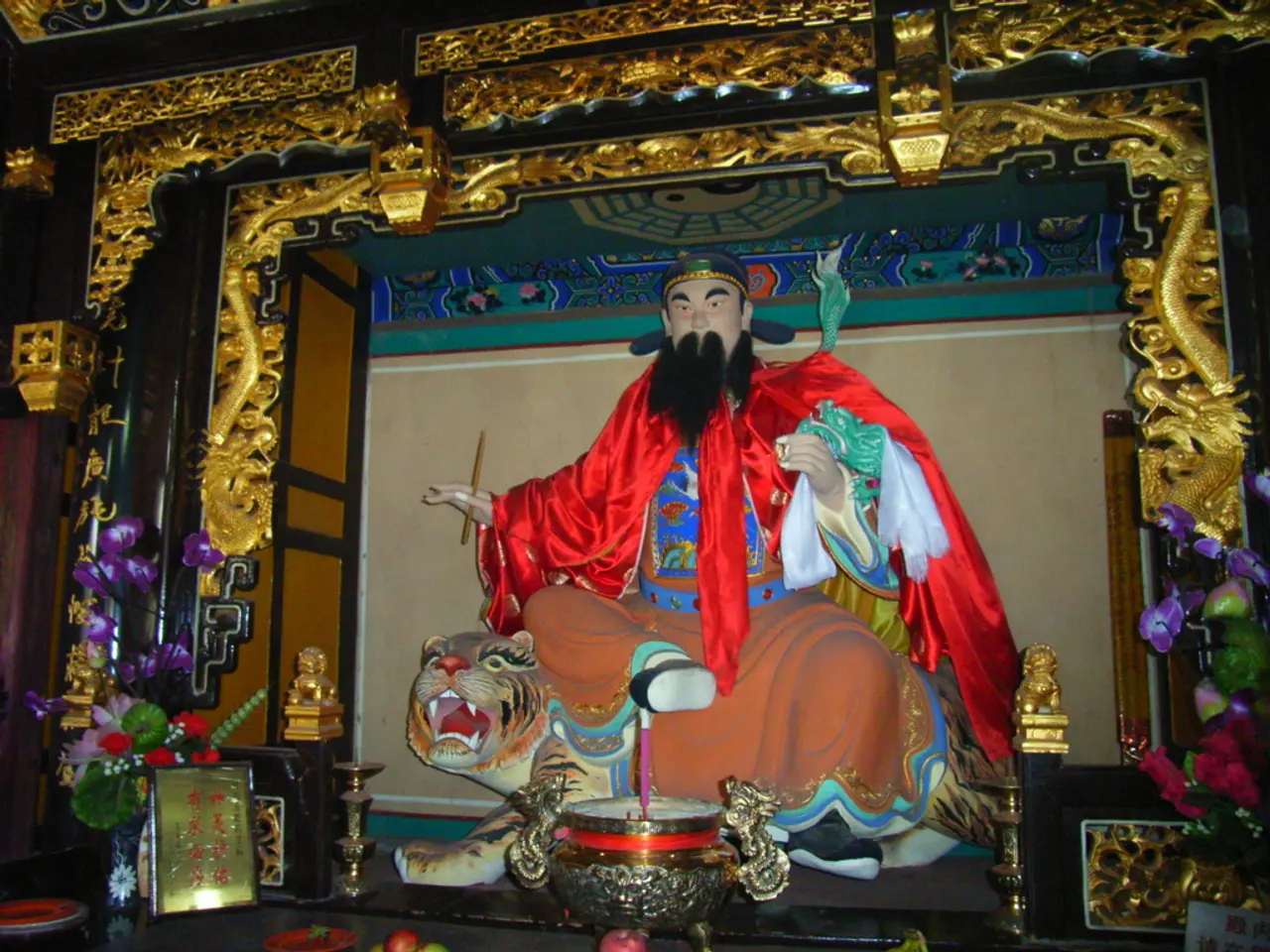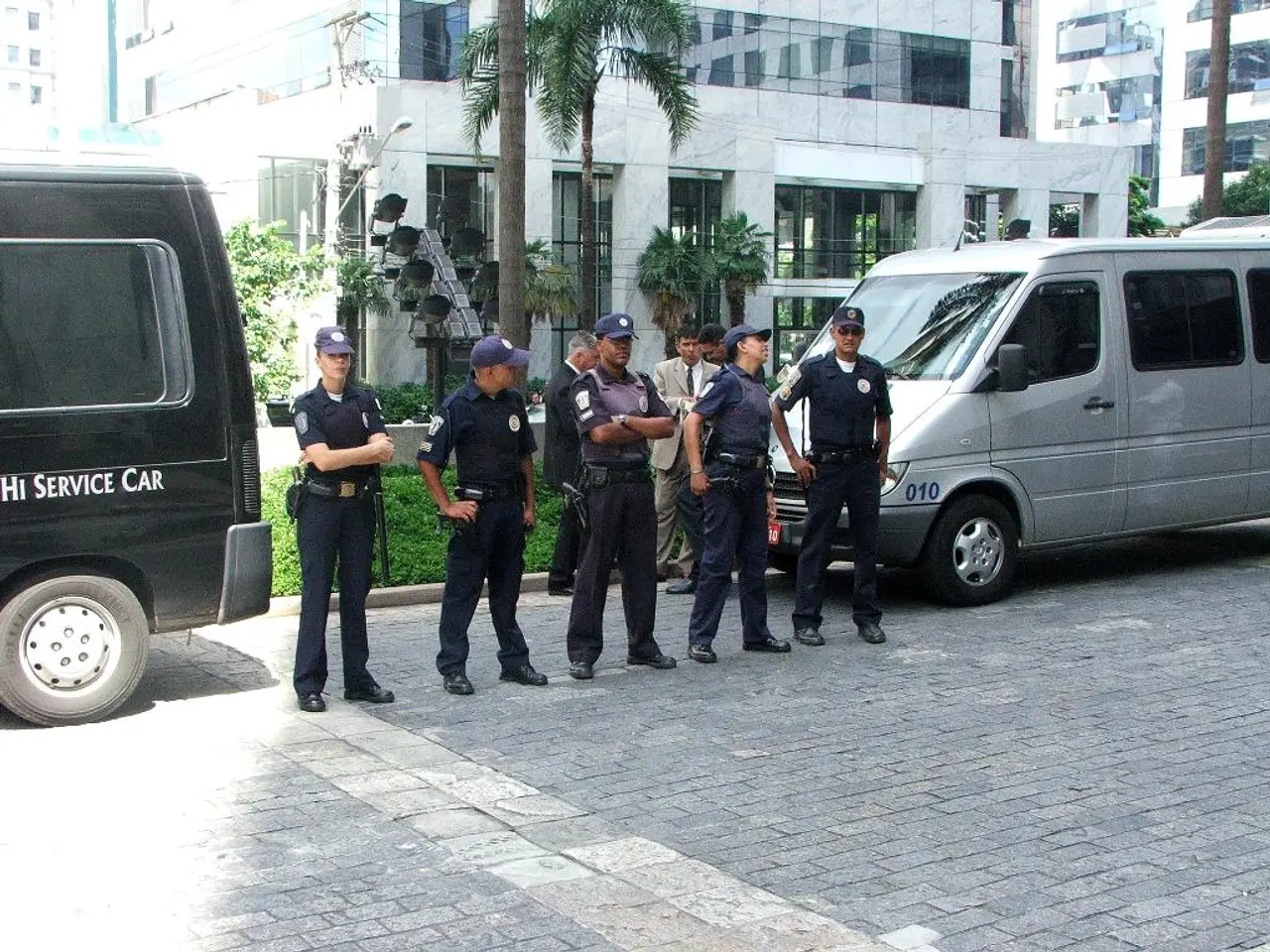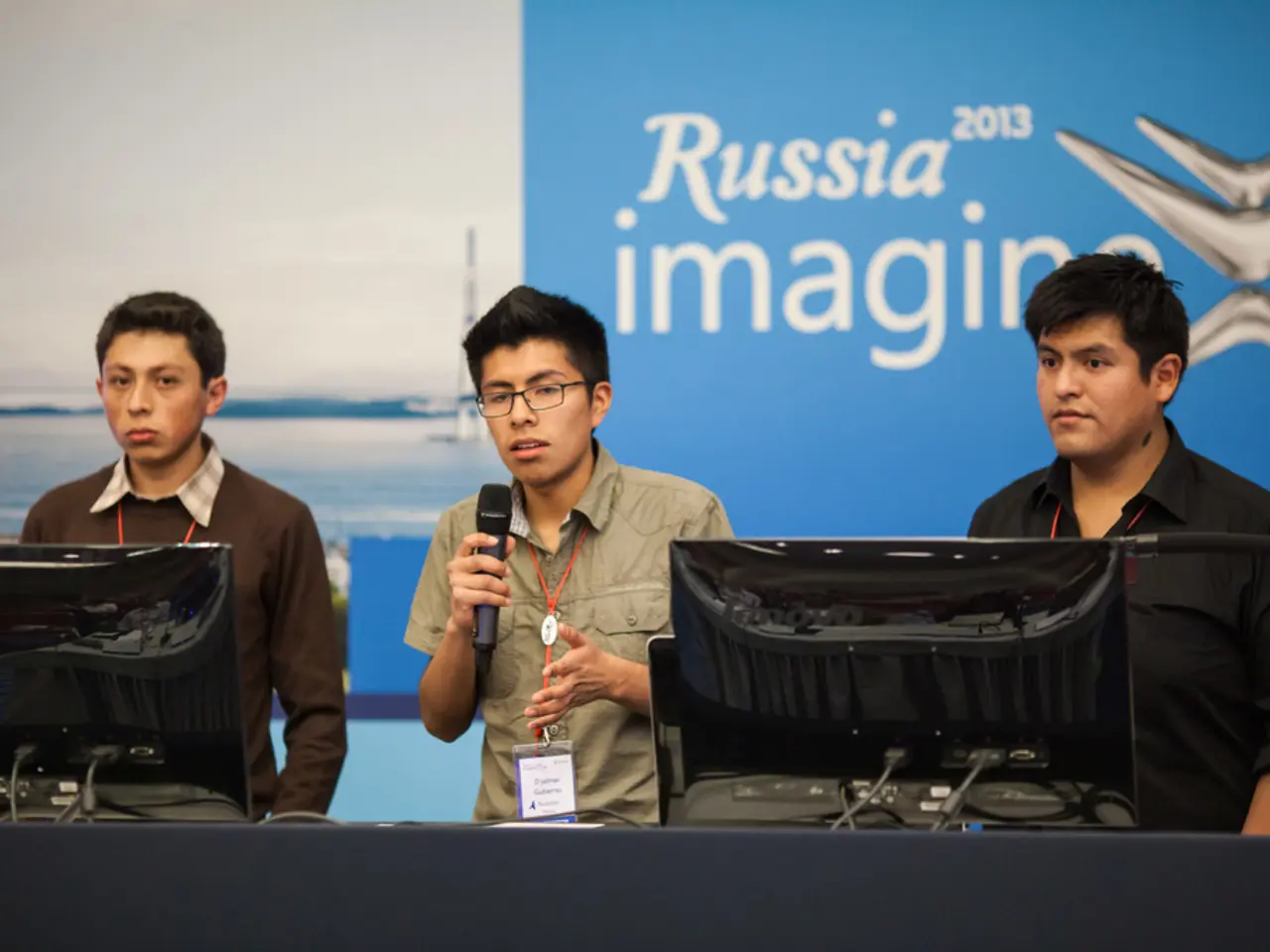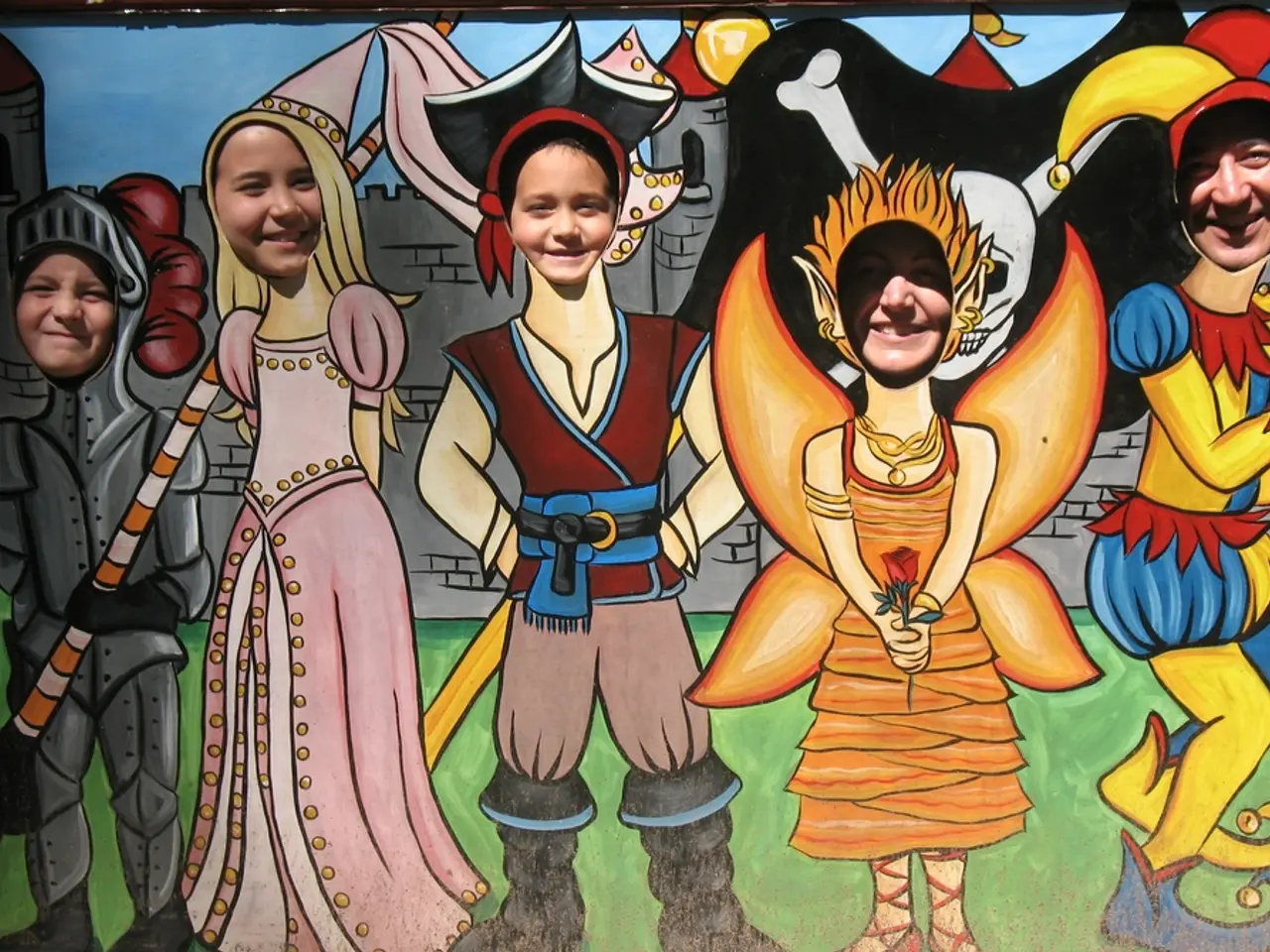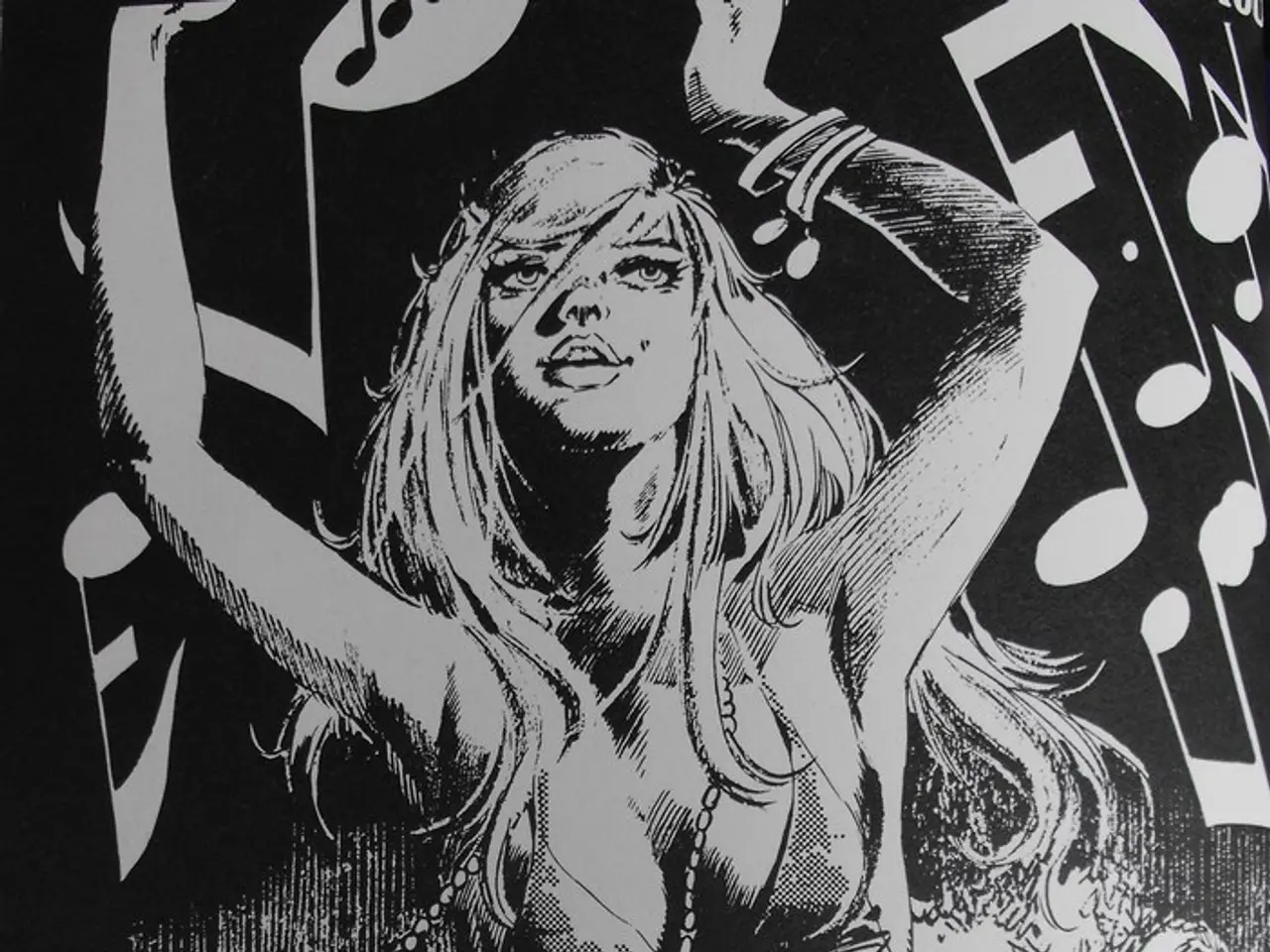Dalai Lama reveals his chosen heir
In a move that has sparked international concern, China has announced plans to interfere with the Dalai Lama's reincarnation process, aiming to assert governmental control over the recognition of the next Dalai Lama. This decision, which is part of a broader effort by the Chinese government to control Tibetan religious institutions and culture, has been met with strong opposition from the Dalai Lama and the Tibetan community.
The Dalai Lama, who turns 90 this week, has indicated that he will make a decision about his future reincarnation based on Tibetan Buddhist traditions. He has also warned that his successor will be born outside China and has urged Tibetans to reject any candidate appointed by the Chinese government.
The Chinese government's policy is not just a political move to control Tibetan culture and spirituality but also a challenge to the religious freedom of Tibetans, which international human rights experts have condemned as a violation and a threat to Tibetan identity and resilience.
The Dalai Lama, the 14th reincarnation of the spiritual leader of the Tibetans, was elected by around 130,000 Tibetans worldwide. He transferred his political power to an exile government in 2011, which is based in the north of India in a suburb of Dharamsala.
The Dalai Lama is widely respected worldwide as a peaceful advocate for Tibet's freedom. He sees himself as "a simple Buddhist monk" and has been repeatedly urged by people in Tibet, Tibetan exiles, and Buddhists from the entire Himalayan region and other countries to continue the institution of the spiritual leader of the Tibetans after his death.
However, China refers to the Dalai Lama as a "separatist" and has been accused of suppressing Tibetan culture and religious freedom for decades. There have been instances of destruction of monasteries, imprisonment of monks, and criminalization of faith. In 1995, China abducted the Panchen Lama recognized by the Dalai Lama and installed a government-approved figure instead, an act that Tibetans broadly reject.
The Dalai Lama's authority to identify the 15th Dalai Lama lies exclusively with his office based in India, according to the Dalai Lama. He has announced the continuation of the institution of the spiritual leader of the Tibetans, challenging China's efforts to impose an official, government-backed Dalai Lama.
Meanwhile, the Dalai Lama has been meeting with high-ranking Buddhist dignitaries and has even debuted his first music album. Despite his advanced age, his influence remains strong, and his message of peace and freedom for Tibet continues to resonate with people around the world.
This news was sourced from ntv.de and AFP.
[1] Human Rights Watch, "China: Crackdown on Tibetan Buddhism," 2018. [2] Central Tibetan Administration, "Office of His Holiness the Dalai Lama." [3] Amnesty International, "China: Tibet's Self-Immolations: The Human Rights Situation in Tibet," 2019. [4] International Campaign for Tibet, "China's Interference in the Dalai Lama's Reincarnation," 2021. [5] Tibetan Centre for Human Rights and Democracy, "China's Interference in the Dalai Lama's Reincarnation," 2021.
The Dalai Lama's opposition to China's policy of interfering with his reincarnation process is a significant development in the ongoing war-and-conflicts and politics surrounding Tibet, a matter of general-news. This dispute over the reincarnation process, which is a part of policy-and-legislation related to religion and culture, has been heavily criticized by international human rights experts and has sparked immediate concern due to its potential impact on the religious freedom and Tibetan identity.
